
3 Questions: Chao Wang
A team led by Johns Hopkins engineer Chao Wang has devised a way to transform trash into something of value: p-xylene, a colorless chemical liquid used in manufacturing.

A team led by Johns Hopkins engineer Chao Wang has devised a way to transform trash into something of value: p-xylene, a colorless chemical liquid used in manufacturing.
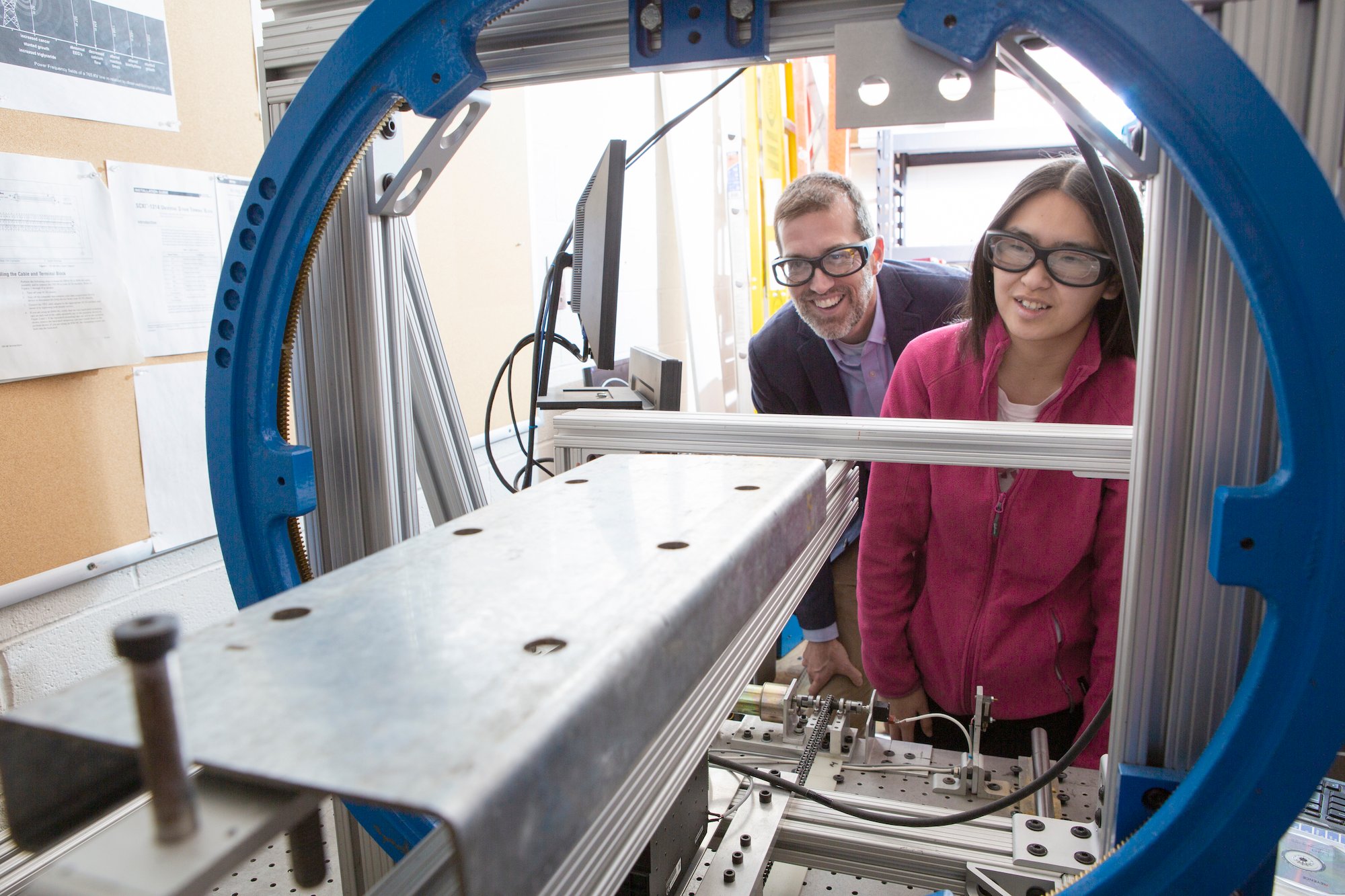
Wind turbines perched atop slender steel tubular towers have become a common sight as the nation’s renewable energy infrastructure rapidly expands, but imperfections that occur during the manufacturing process can leave them vulnerable to premature failure. A team of engineers is studying the link between the tower manufacturing processes and the structural behavior of these remarkable tubes.
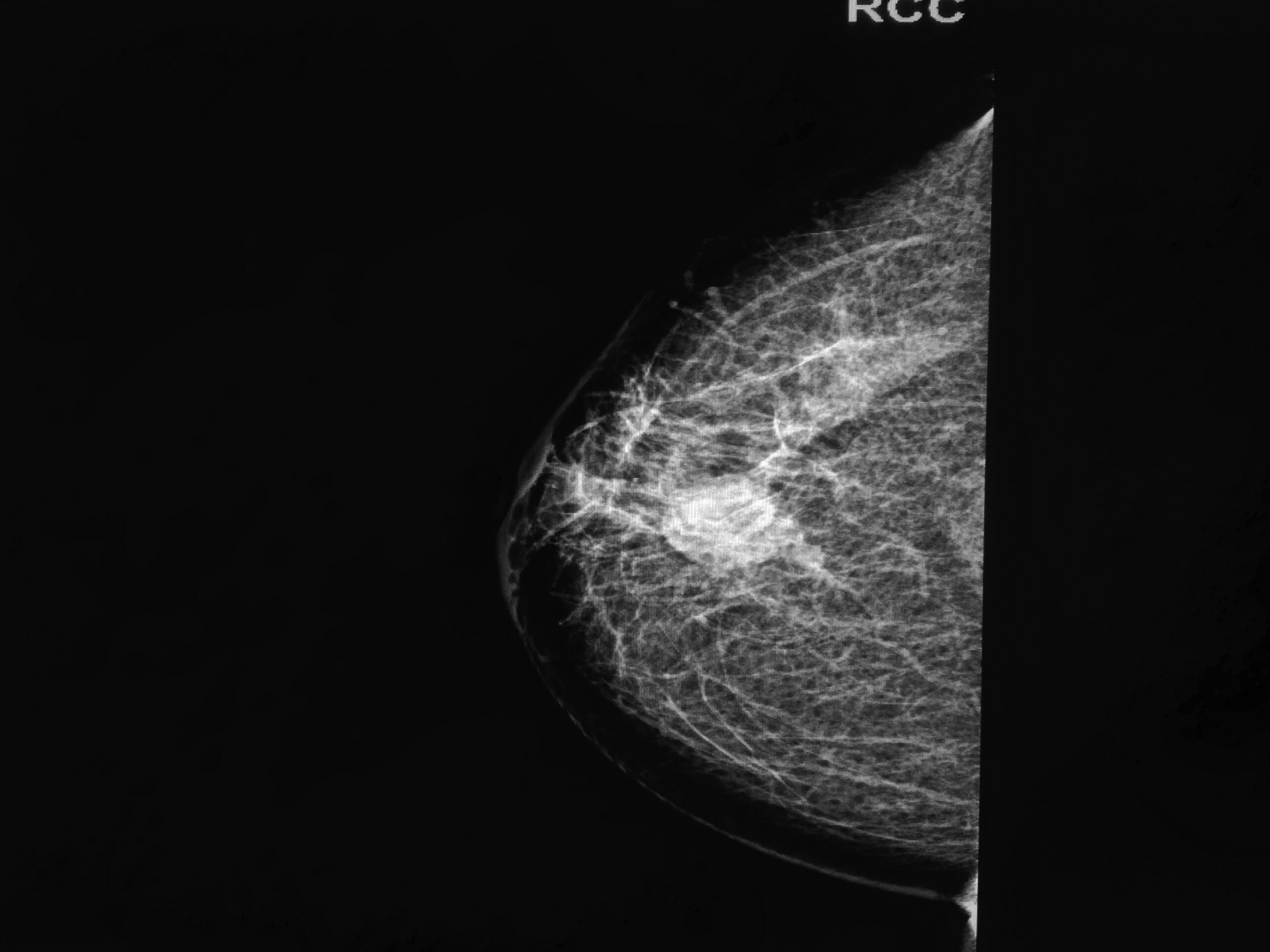
Konstantinos Konstantopoulos and a team of researchers are creating a diagnostic tool and method for predicting breast cancer metastasis by looking instead at the tumor cell phenotype.
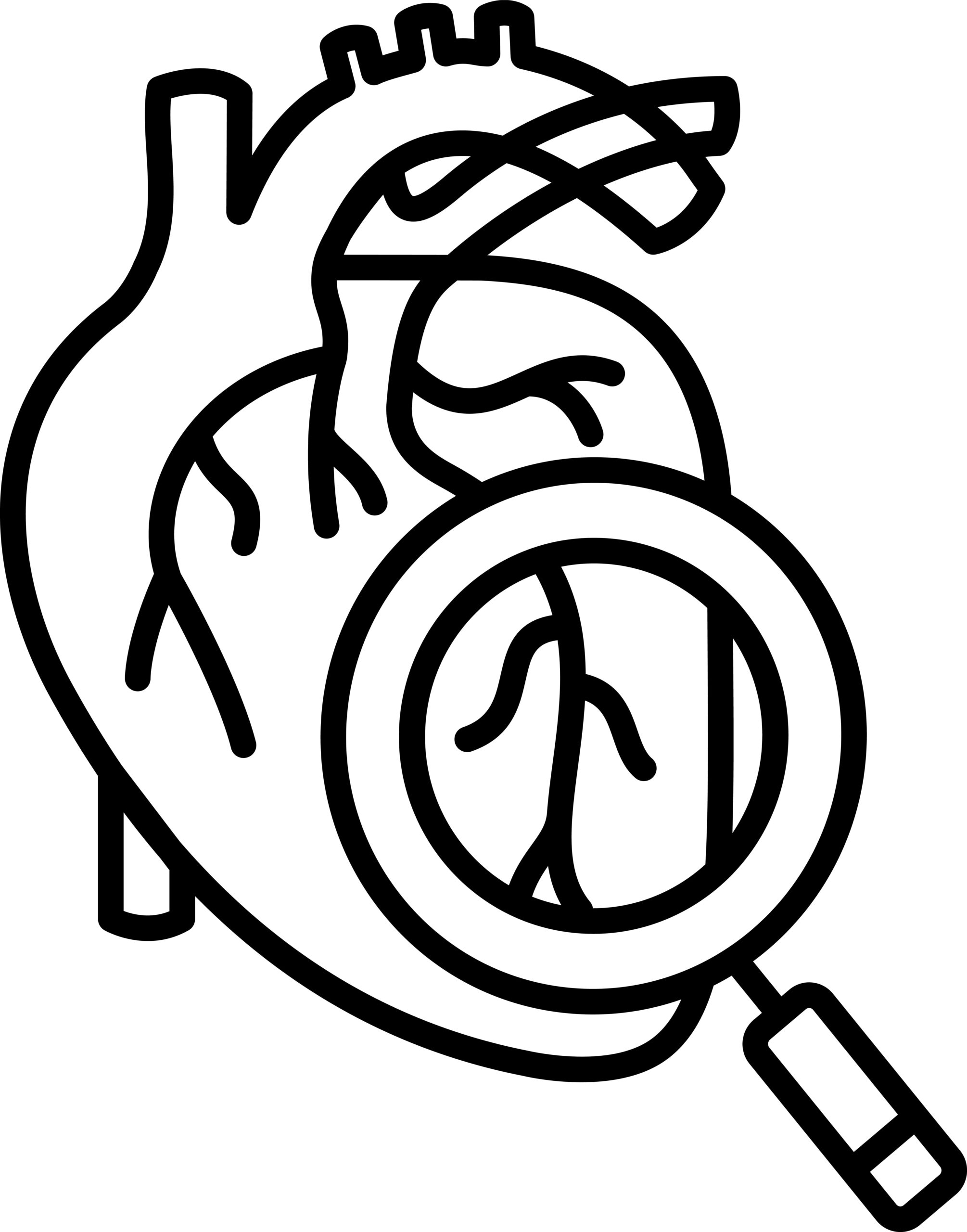
A team of Johns Hopkins University biomedical engineers and Johns Hopkins Medicine heart specialists have developed an algorithm that warns doctors several hours before hospitalized COVID-19 patients experience cardiac arrest or blood clots.

A team of Johns Hopkins mechanical engineers has put a new spin on an old idea: Make modern cargo ships more efficient—and less polluting—by adding a new mechanism to a rotor that is increasingly in use as a cleaner propulsion system.

Johns Hopkins engineers develop a testing method to identify viral infections that could harm bacteria colonies in places like the Chesapeake Bay.
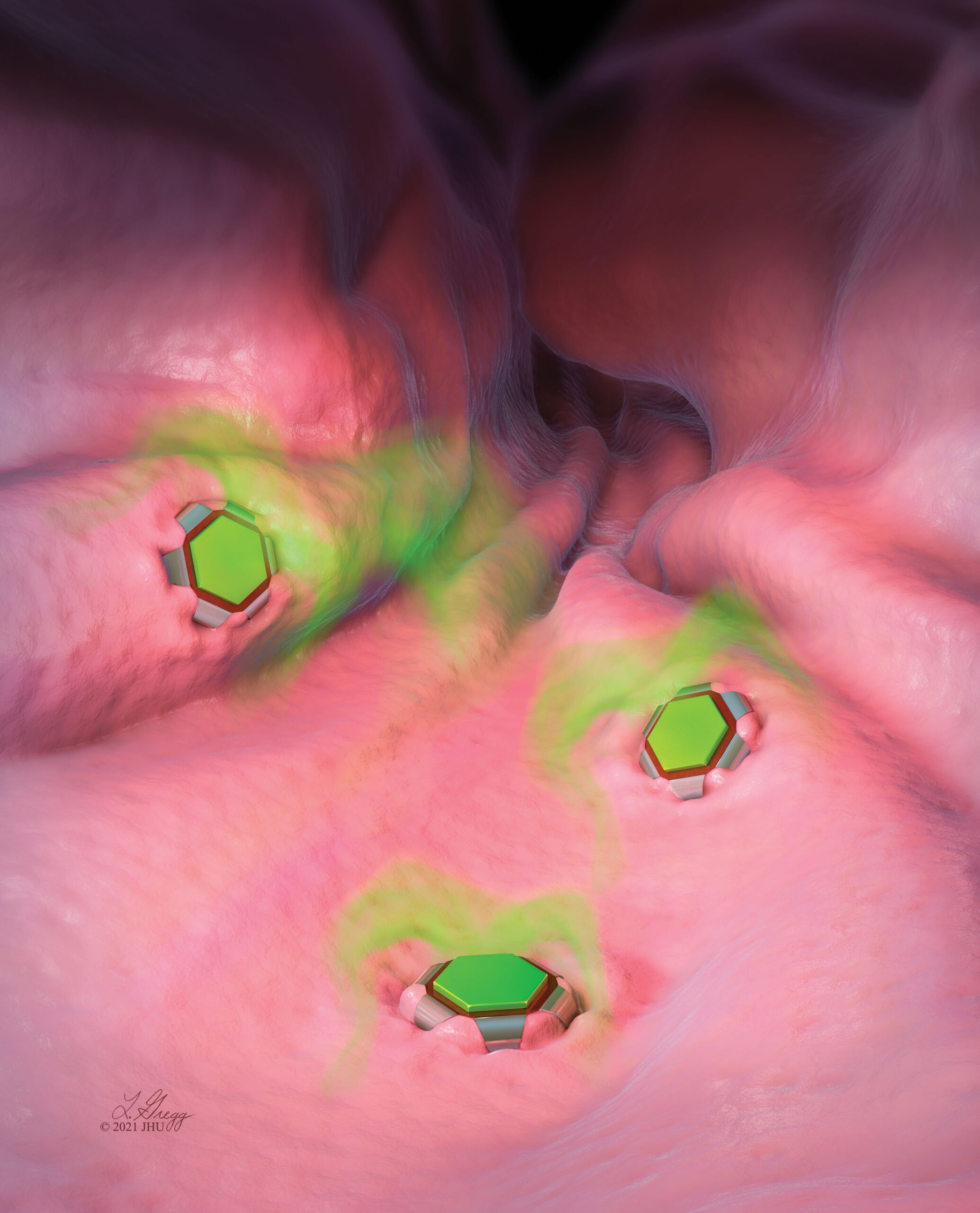
Johns Hopkins researchers have designed tiny, star-shaped microdevices that can latch onto intestinal mucosa and release drugs into the body.

Trending quotes from Johns Hopkins engineers.
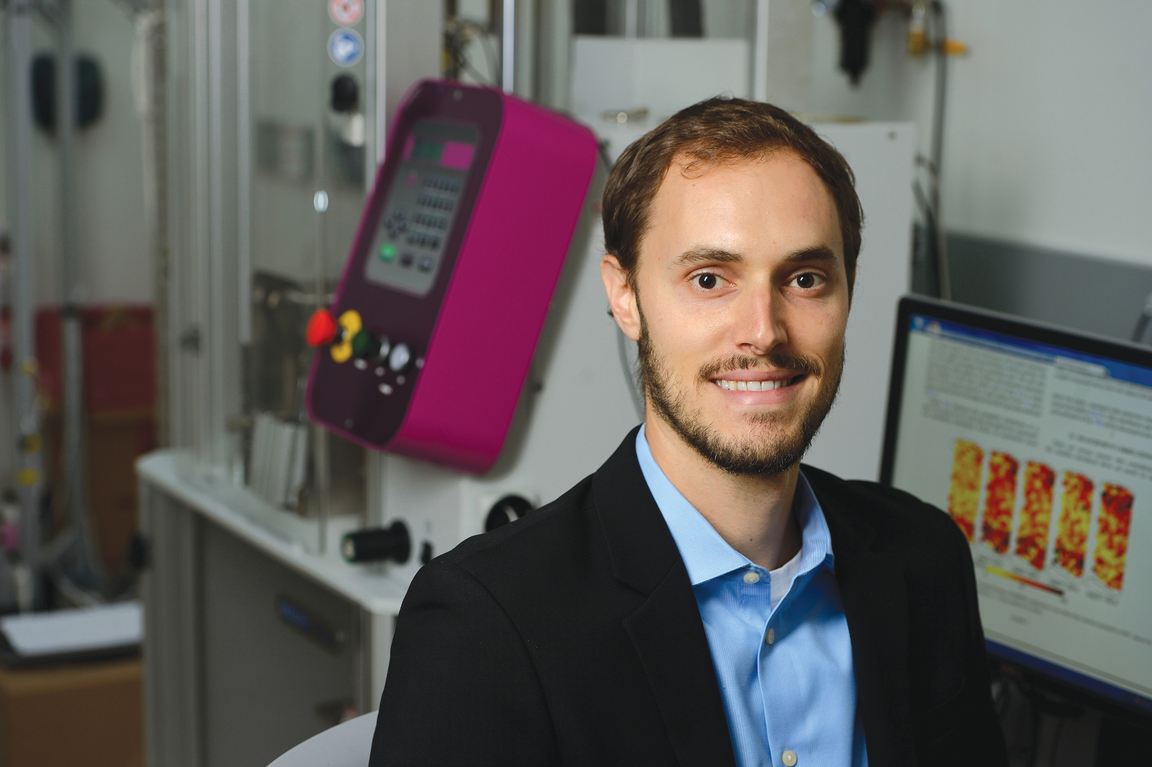
Understanding the way that a wave moves through granular materials has vast implications for modern science. A study offers important insights into the way stress wave propagation unfolds.